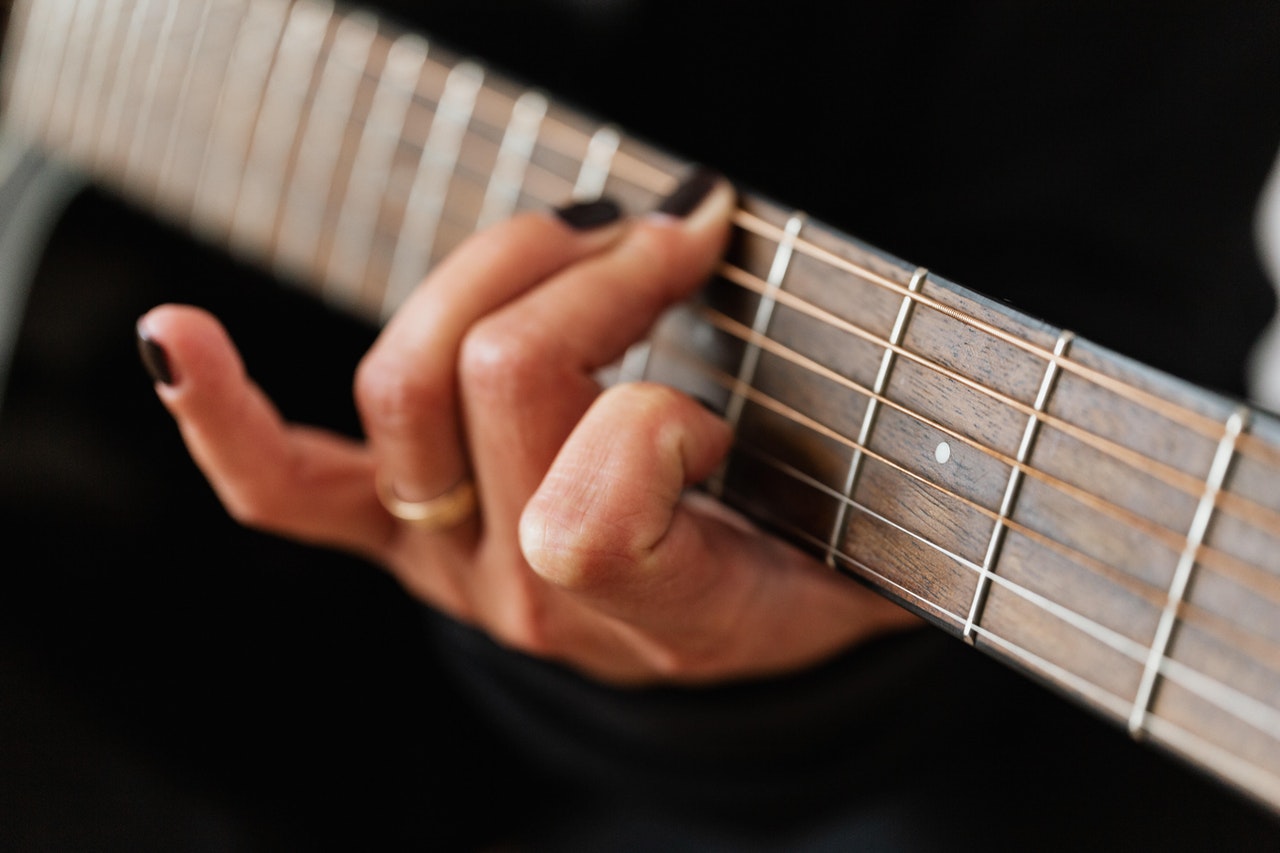
Instrument Care: Guitar Maintenance
An important part of playing an instrument is learning how to care for that instrument. I try to teach basic guitar maintenance to all my students. This helps them be more confident in their handling of the instrument but will also help ensure lessons or practice is not interrupted by preventable damage.
Below is a list of four basic steps to teach students and parents to care for their instrument. Depending on the age of the student this might be the parent’s responsibility until the student is able to care for the guitar themselves. These are basic steps to keep the guitar in good playing condition and prevent damage. More advanced maintenance such as neck adjustments will be discussed later.
- Storage– How your instrument is stored is important for its protection and longevity. It might look cool sitting on a guitar stand or hanging on the wall. However, this means your instrument is vulnerable. I have seen more instrument damage due to poor storage than anything else. Through years of teaching, I have heard horror stories of pets and or young children knocking into or over a guitar causing serious damage. Guitars being left out next to AC units or heating vents have needed hundreds of dollars in repair. In one of the most serious cases a student had a guitar stolen which was proudly display on the wall in full view of any passersby. The best place for your guitar is in its case when not being played. This way you can ensure your guitar is protected from outside elements.
- Cleaning- Anyone who has played an instrument knows they can get dirty. While the guitar is being played it is exposed to dirt, oils, dead skin and much more depending on how many gigs it goes. Over time this can do damage to a guitar’s finish, fingerboard, and frets. Basic preventive maintenance is to simply wipe the guitar down with a soft cloth after playing. Once a year (or as needed) I recommend doing a deep clean with an instrument polish and cleaning the neck and frets. Do not use common cleaning products to do this. Instrument polish and oils can be found in your local music shop.
- Changing Strings – The dirtiest part of the guitar and the part that wears out the fastest are the strings. How often you change your strings is dependent on many factors. How often you play, what kind of strings being used and personal acidity level can make a difference in how long strings last. Therefore, I try not to give a timeline for how often you should change strings as it is different for everyone. However, the strings should be changed regularly. I personally wait until a string breaks, the sound quality degrades, I have tuning issues or when they are visibly dirty.
You can tell a string is dirty when the color starts to turn. New strings are generally a bright silver or gold in color (depends on material being used). Over time the color will start to dull. You may notice dark spots developing on the strings or obvious wear points on the string.
Be sure to use the correct type of string for your guitar. Steel strings should not go on a nylon string guitar. If you are unsure of what kind of string to use check the manufacturers recommendation or local music shop.
- Humidification- Probably the most important preventative maintenance for your instrument is keeping it humidified. When the humidity levels drop your instrument begins to dry out. When wood dries out it tend to warp and crack in ways that are detrimental to the instrument’s health. In severe cases extended neglect can result in hundreds of dollars in repairs or irreparable damage.
How much you humidify and when depends on your climate and living conditions. I use humidifiers all year as my home is excessively dry year-round. There are many different types of humidifiers on the market. Be sure to read directions fully as they all work a little differently.
A guitar should be kept at a 45-55% humidity level. In addition to a humidifier a strongly recommend a digital hydrometer for the guitar case to keep track of humidity levels. You should also be careful not to over humidify as this will also cause damage to your instrument.
